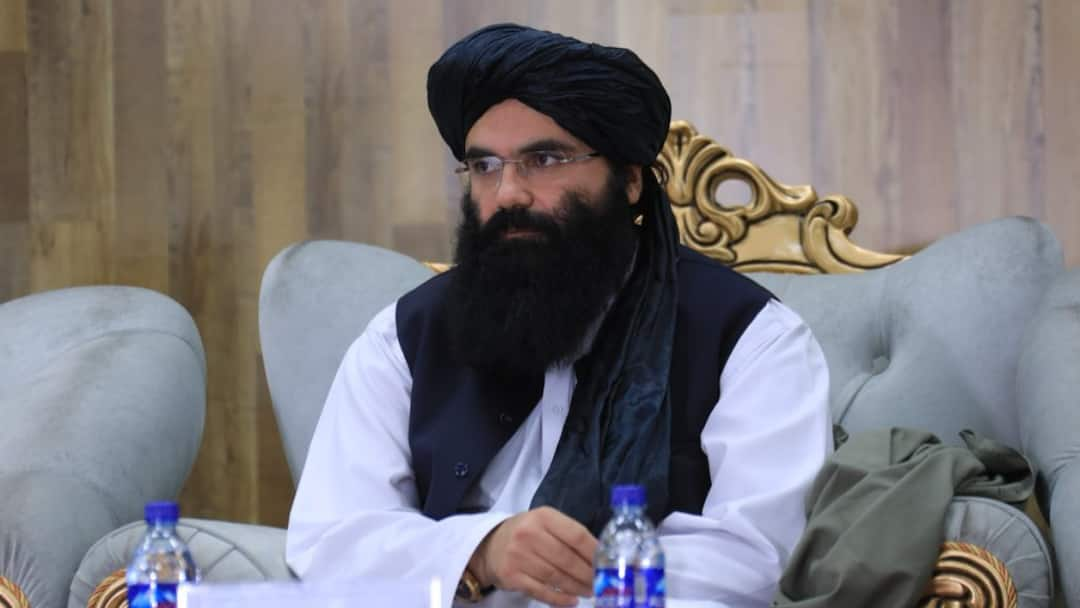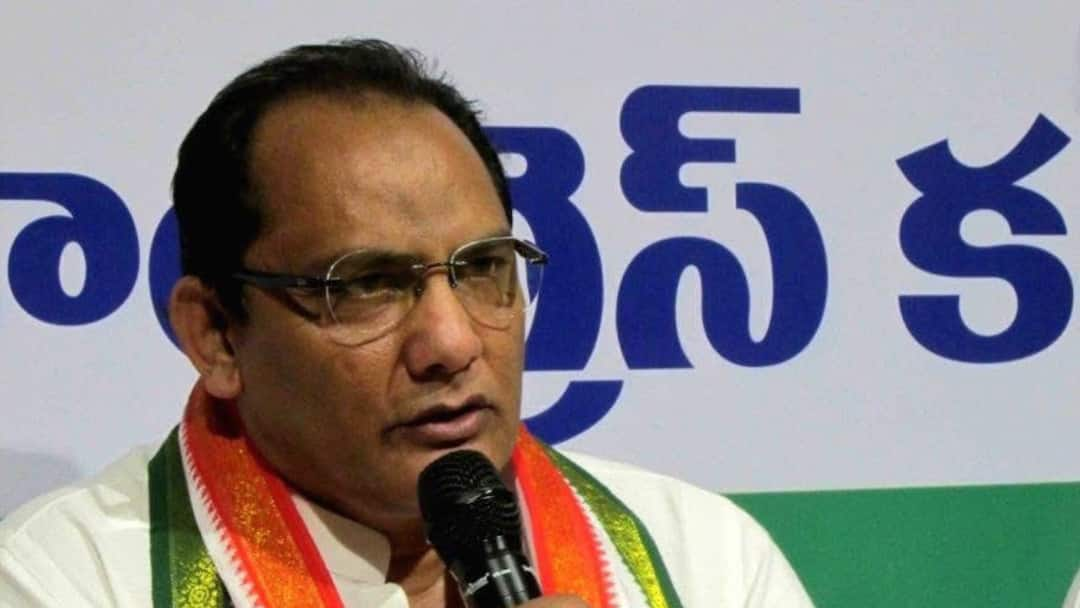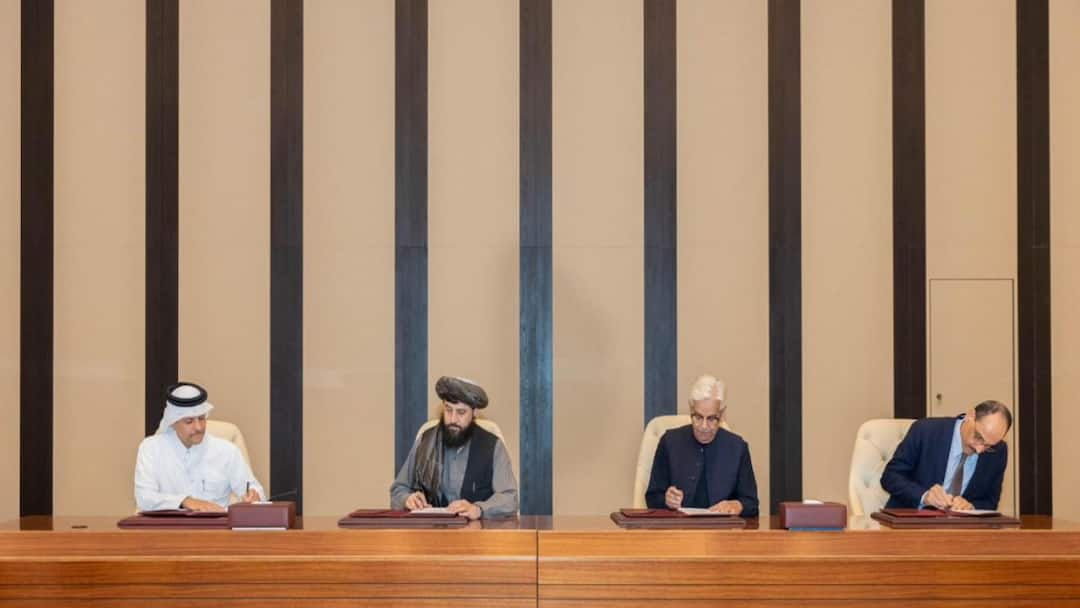Afghanistan’s Interior Minister, Khalifa Sirajuddin Haqqani, issued a sharp warning to Pakistan on Thursday, cautioning that any attempt to shift its internal issues across the border would come at a heavy cost.
Haqqani, one of the most influential figures in the Taliban’s leadership, made the remarks while addressing Pakistan’s ongoing struggle with the Tehrik-e-Taliban Pakistan (TTP). He urged Islamabad to deal with its own domestic challenges instead of blaming or burdening Afghanistan amid rising border tensions.
“These are your own problems. Why are they being imposed on us?” Haqqani reportedly said, stressing that Kabul has repeatedly offered solutions to Pakistan and called on its neighbor to resolve the TTP matter internally.
Warning Comes Amid Failed Peace Talks In Istanbul
Haqqani’s comments surfaced just hours after peace talks between Pakistan and Afghanistan concluded in Istanbul without any tangible results. The discussions, aimed at easing border friction and addressing cross-border militancy, hit a deadlock after Pakistan allegedly made a stunning revelation during the sessions.
According to sources cited by TOLO News, Pakistani representatives admitted to having a security agreement with the United States allowing Washington to conduct drone strikes from Pakistani territory, a deal Islamabad claimed it could not break.
This disclosure reportedly dominated the talks, shifting attention away from other key issues. Pakistan, which had earlier blamed India for hampering progress, faced pushback from the Afghan side. Kabul demanded that Islamabad stop foreign powers from operating drones within its borders, promising in return to encourage the TTP to refrain from launching attacks on Pakistan.
Sources said Pakistan initially appeared willing to consider Afghanistan’s requests but reversed its stance following a call from Islamabad. Pakistani officials maintained that they could not withdraw from the U.S. agreement concerning counter-ISIS operations.
Talks Collapse After Four Days Of Intense Negotiations
The collapse of the Istanbul peace talks marks yet another setback in efforts to stabilize the tense Afghanistan-Pakistan border. On Wednesday, Pakistan’s Information Minister, Attaullah Tarar, confirmed that the four-day negotiations had ended without a breakthrough.
“The dialogue thus failed to bring about any workable solution,” Tarar announced on social media, adding that Pakistan had consistently sought cooperation from Kabul in curbing cross-border militancy.
He noted that since the Taliban’s return to power in 2021, Islamabad has repeatedly urged Afghanistan’s rulers to uphold their written commitments to Pakistan and the international community under the Doha Agreement.
Despite these appeals, Pakistan accused the Taliban government of not doing enough to rein in militant groups operating from Afghan soil.
Blame Game Deepens The Divide
Afghanistan, meanwhile, rejected Pakistan’s accusations and countered that Islamabad was attempting to deflect from its internal crisis involving the TTP. Kabul alleged that Pakistan has carried out drone strikes inside Afghanistan, including in Kabul and other provinces, further escalating tensions along the shared border.
The continued deadlock underscores the deep mistrust between the two neighbors, each blaming the other for rising instability. As both sides trade accusations and warnings, the fragile peace in the region hangs in the balance, leaving open questions about whether either government is willing to make the compromises necessary to end years of cross-border hostility.



